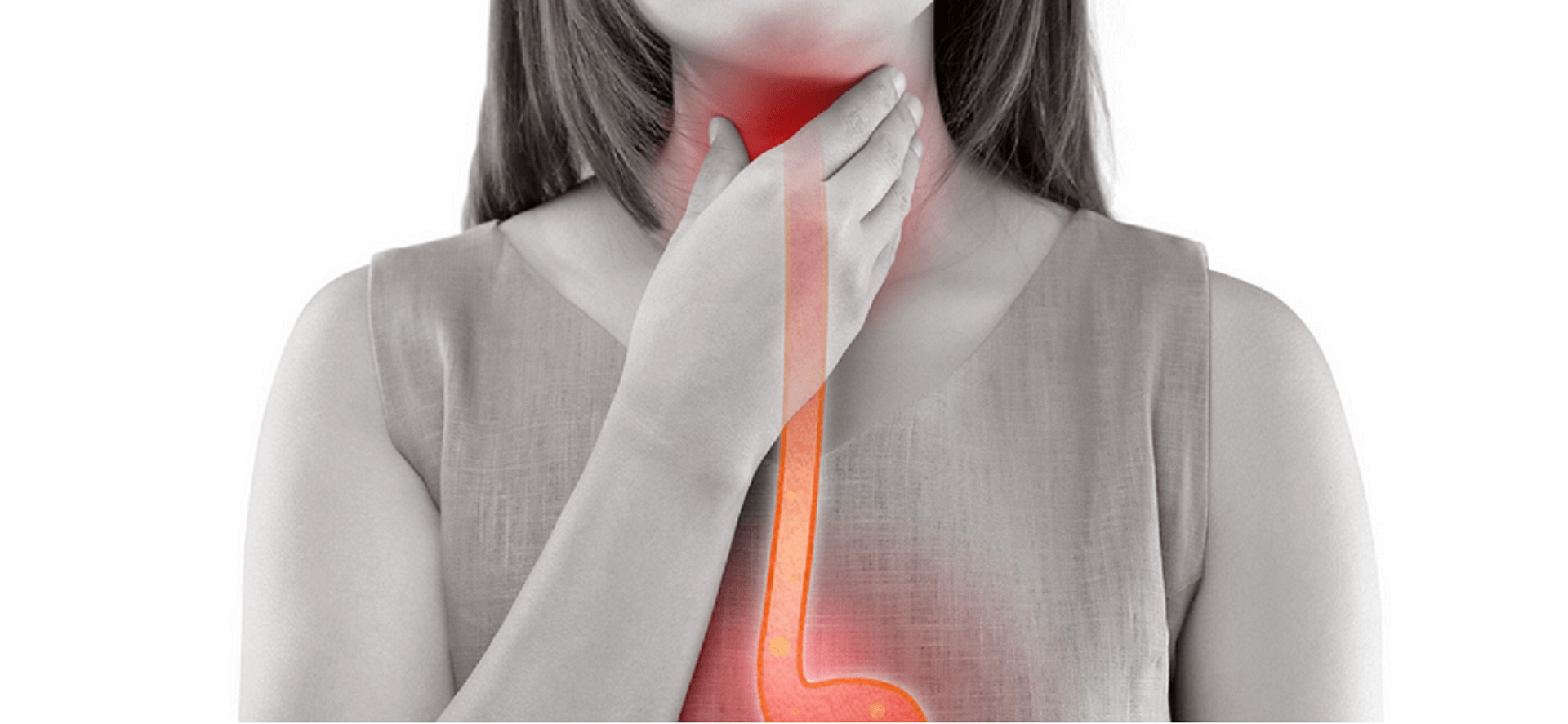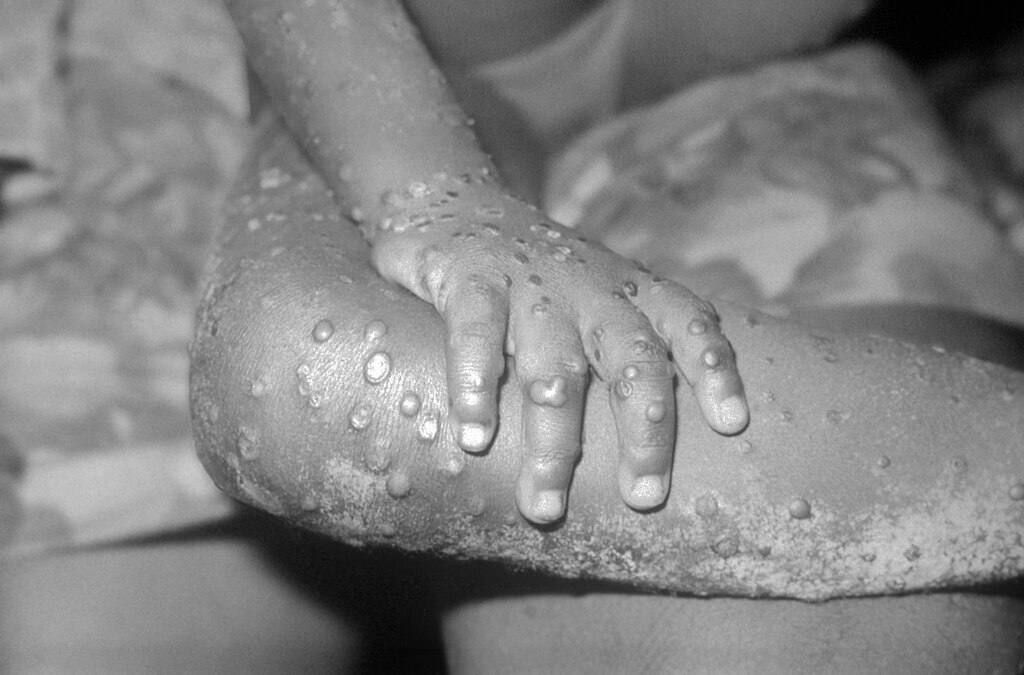
How the Pharmacy Can Help You If You Have Sore Throat
If you have a sore throat you can make an appointment at your pharmacy instead of waiting to go to the doctors.

This month if you’ve read the papers or seen the news, you’ll be aware that the director of the World Health Organisation has declared the mpox virus outbreak in Africa a public health emergency.
New outbreaks of the Mpox virus or monkeypox as it was previously known are present in parts of Africa. Each outbreak comes from its “clade” and there are two types of clade.
So far there haven’t been any cases of the new strains reported in the UK and the risk at present is low. But the NHS and other health organisations want to be prepared in the event of the appearance of the virus in the United Kingdom.
This article is to inform you about the Mpox strains so that you are aware of the symptoms and know how to look after yourself and reduce the risk of spreading the virus should there be outbreaks in the UK.
Mpox is a viral infection. The Clade 1 infection has two branches, 1a and 1b. Clade 1a has been around for more than ten years. It is spread by people who eat infected bushmeat in the north and west of the Republic of Congo, Cameroon, Gabon, The Republic of the Congo and the Central African Republic.
People pass on it on to other people through close contact and has affected children in particular. The World Health Organisation reported that 3.6% of known mpox clade 1a cases died of the virus in 2024.
In 2022 there was an outbreak of Clade 2 Mpox. People caught it through sexual contact. The outbreak is continuing, and it is present in the UK. It affects mostly men. It is not thought to be as dangerous as the Clade 1 virus.
The advice a doctor may give to a patient with the Clade 2 virus is to isolate at home and wait for the sores to clear. Wash sheets, blankets and towels regularly. Keep them away from other household members.
The new branch of the Mpox virus is Clade 1b. It is present in the east of DR Congo and the neighbouring countries of Burundi, Rwanda, Uganda, Kenya, Angola, Tanzania and South Sudan.
Like Clade 2, the Clade 1b virus spreads through close contact and not by eating bushmeat. Truck drivers are having heterosexual sex with sex workers along Africa’s trucking routes. People infected through sexual contact are then spreading it to anyone with whom they have close contact, especially their children.
In a recent BBC article, Prof. Trudi Lang from the University of Oxford said the difference with this strain of the virus is that “the rash is more severe” and she said the symptoms go on for longer.
Fever, headache and swollen glands will be the first signs of mpox. You might also suffer from fatigue, fever and shivering. 1 to 5 days after all or some of these symptoms appear you’ll get a rash of ulcers, blisters or spots spreading from your face to other body parts. Some people will have a widespread rash, while others will only have spots in certain body areas.
Anyone who has the rash will be contagious until the spots scab over and fall off leaving intact skin underneath.
It is important to tell your doctor if you have recently returned from an African country. The reason for this is that sometimes Mpox can be misdiagnosed as chickenpox. If you think you may have contracted the Mpox virus and you are back in the UK, you should contact your doctor by telephone.
Usually, patients are treated with anti-viral drugs. People who are very ill will need to be in hospital and kept in isolation.
The smallpox vaccine protects against Mpox and monkeypox. Currently, there are no recommendations for the vaccine. To keep up to date check the Travel Health Pro website. You can also find information on the UK government’s Foreign Travel Advice page.
If you would like any help or advice about vaccines for business or holiday visits abroad, you can contact us here at the pharmacy. Get in touch by telephone on 01276 21002 or pop in and make an appointment at the Travel Clinic.

If you have a sore throat you can make an appointment at your pharmacy instead of waiting to go to the doctors.

Pharmacies are closing at an alarming rate. Join the Save Our Pharmacies campaign by signing our petition to help stop pharmacy closures.

Copyright © VSM Pharmacy Limited. All rights reserved. vsmpharmacy.co.uk is a trading name of VSM Pharmacy Limited. Registered office: 124 Frimley Road, Camberley, Surrey, United Kingdom, GU15 2QN. Registered in England: company number 12182298.

To provide the best experiences, we and our partners use technologies like cookies to store and/or access device information. Consenting to these technologies will allow us and our partners to process personal data such as browsing behavior or unique IDs on this site and show (non-) personalized ads. Not consenting or withdrawing consent, may adversely affect certain features and functions.
Click below to consent to the above or make granular choices. Your choices will be applied to this site only. You can change your settings at any time, including withdrawing your consent, by using the toggles on the Cookie Policy, or by clicking on the manage consent button at the bottom of the screen.